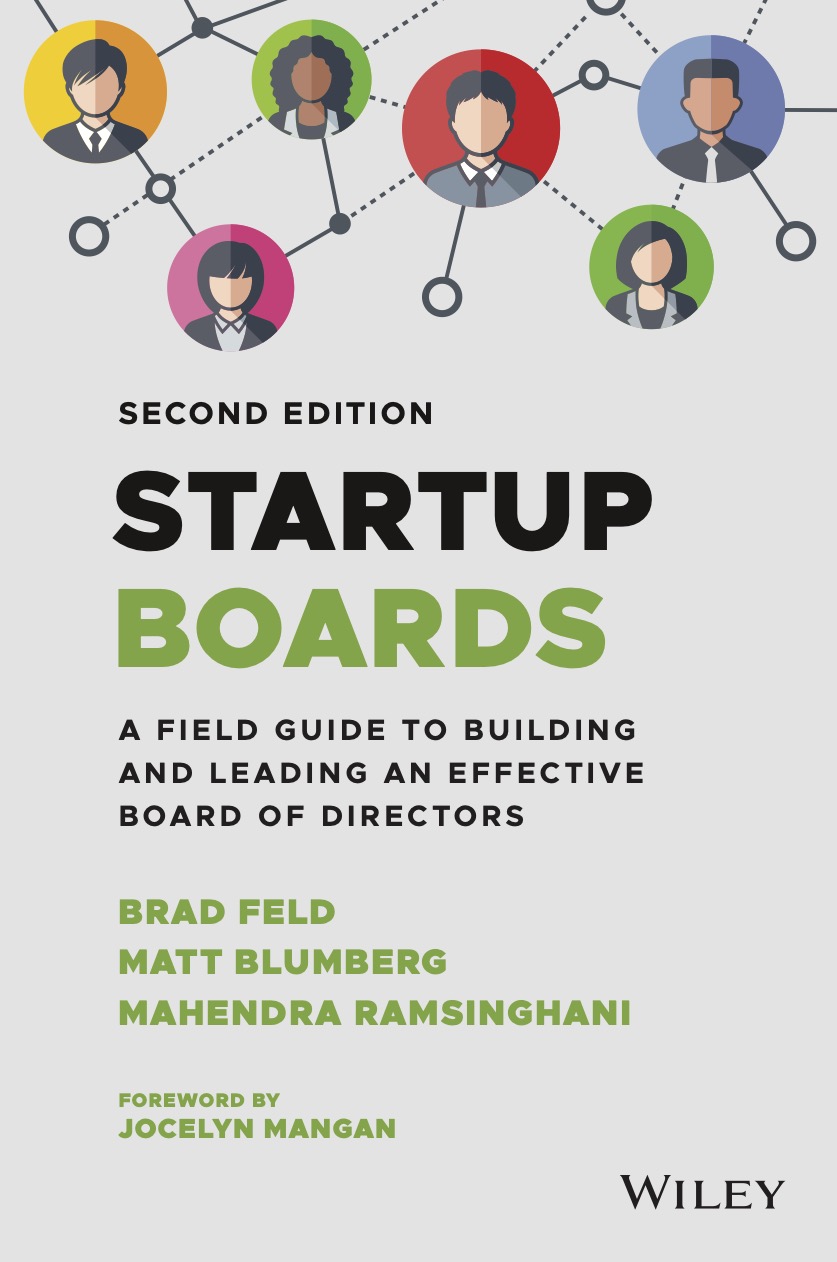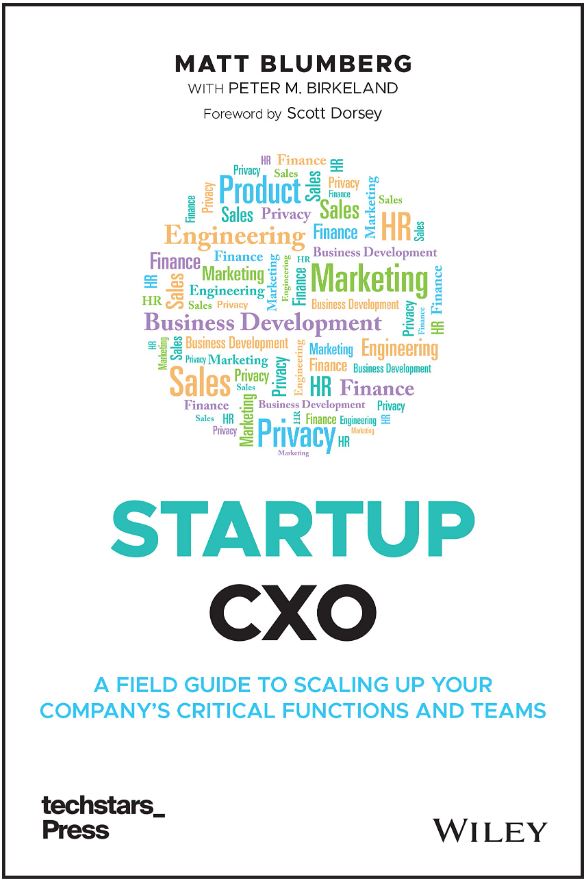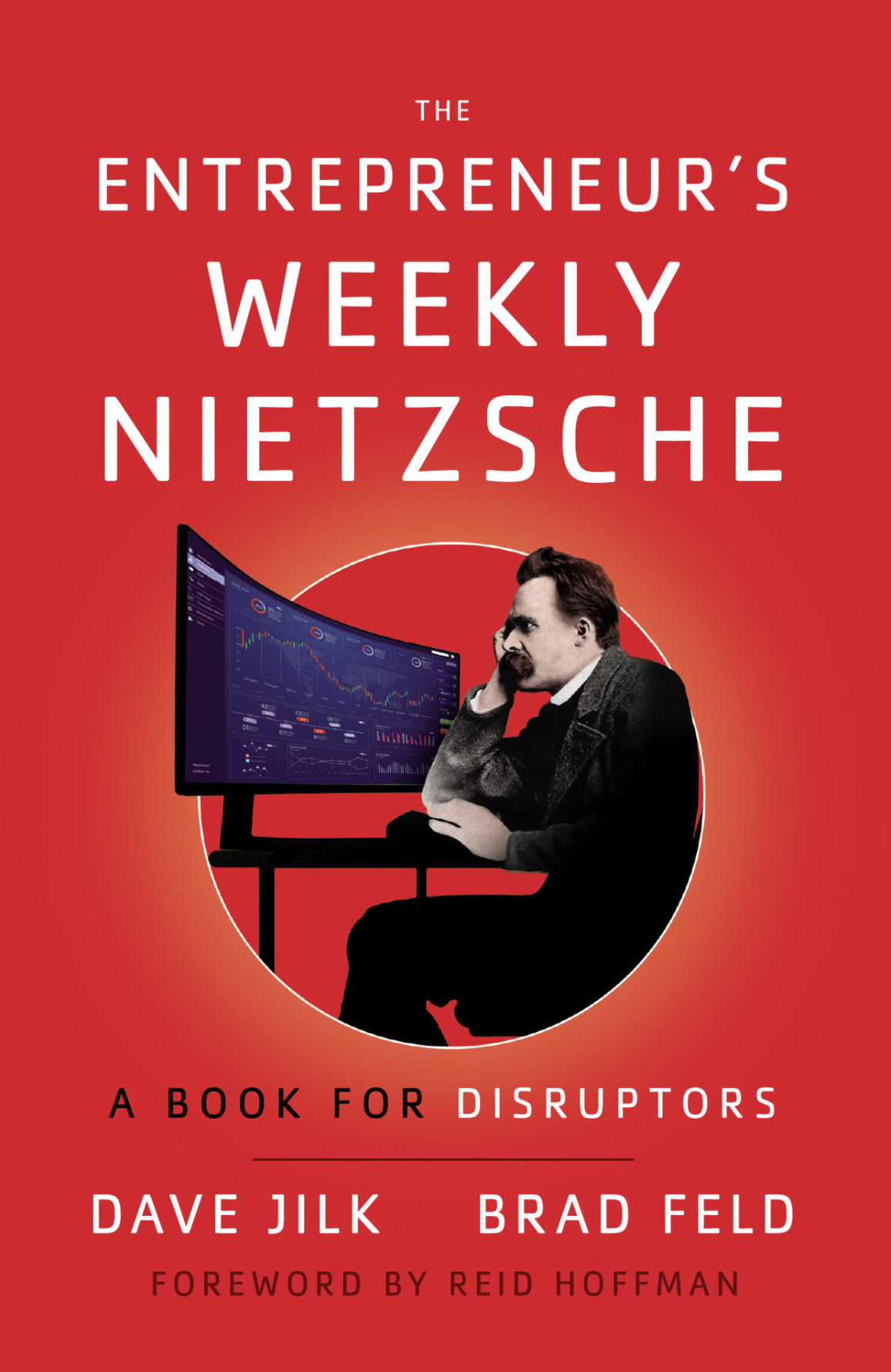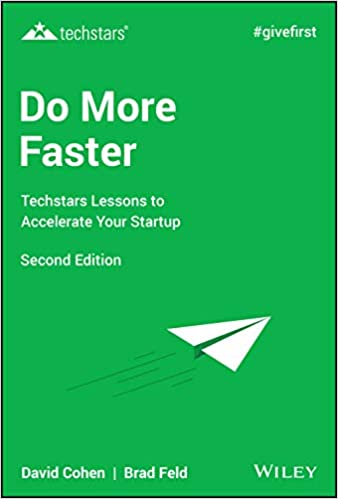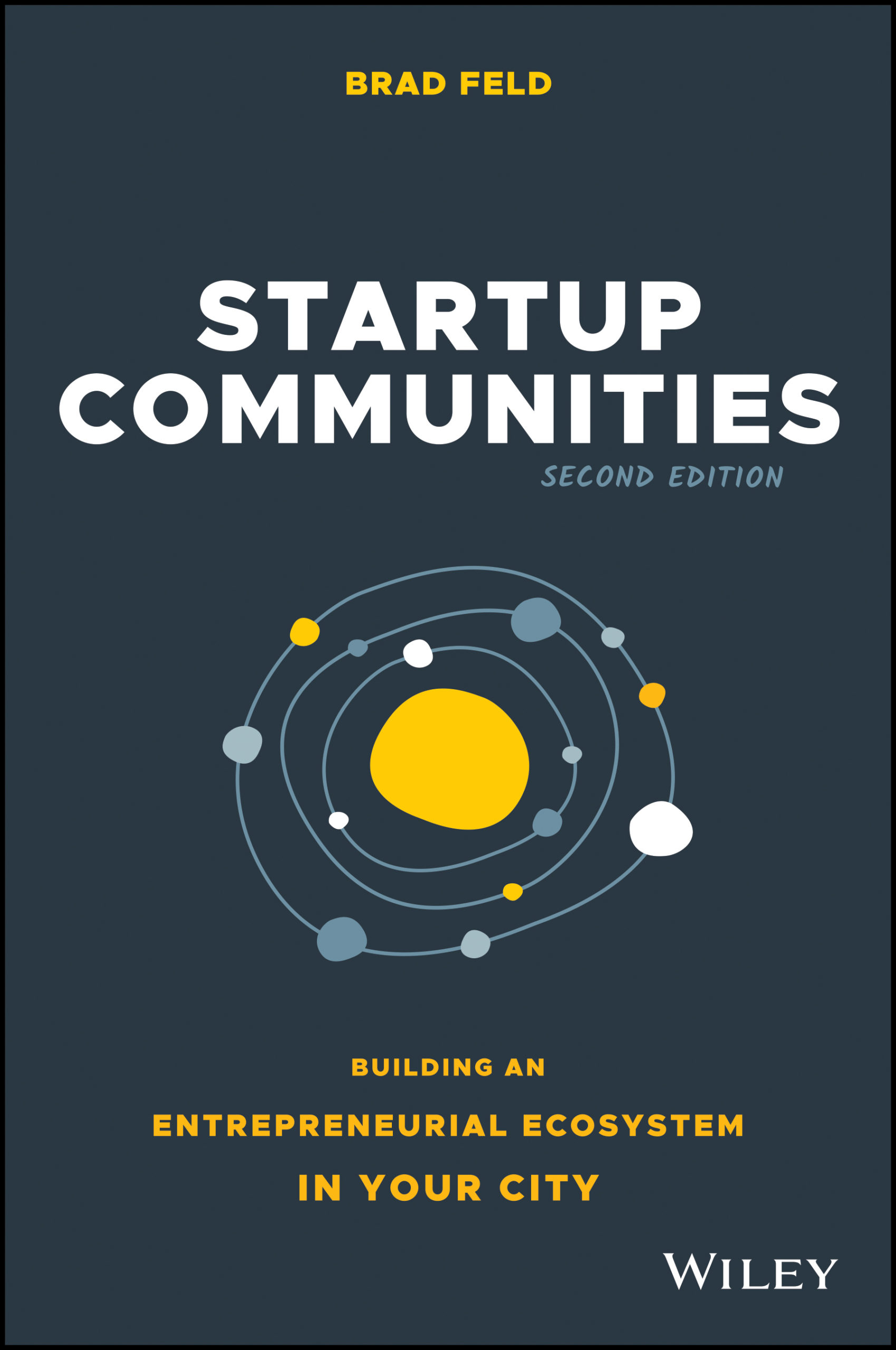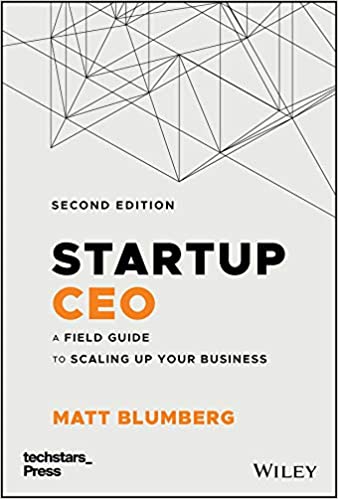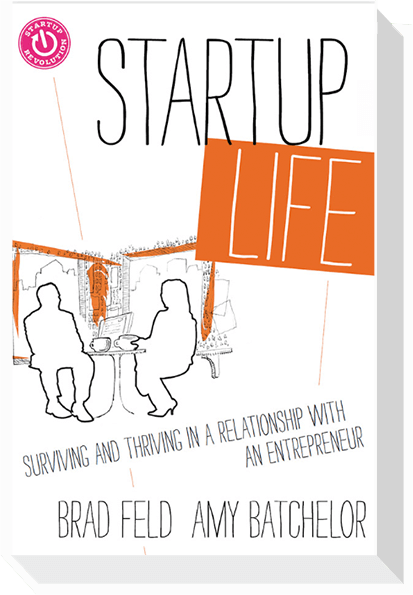Why We Start Up Startups
This is a guest post by Victor W. Hwang, CEO of T2 Venture Creation and the author of The Rainforest: The Secret to Building the Next Silicon Valley.
Pause for a moment. And ask yourself some simple questions you probably don’t think about every day. Why do we build companies? Why do we innovate? Why do we care about creating new inventions, products, and solutions, when we could simply leave things as they are?
These are questions that I think a lot about. On the surface, the answers might seem deceptively easy. For instance, some people want to make money. Others like the thrill of the hunt, like a form of legalized gambling. And others like the independence, the freedom.
But those answers seem incomplete to me. If you’re an entrepreneur, you already know there’s more. There are much easier ways to make money. There are much easier ways to get a thrill. And there are much easier ways to feel independent. Therefore, we innovate and build companies for reasons that are deeper.
I am lucky to see a lot of the world through my work. In particular, I get to observe a lot of entrepreneurial ecosystems. It’s not just an academic pursuit. I think this issue matters a lot. In most parts of the world, they don’t build new companies fast enough, so unemployment often metastasizes like a cancer. They don’t innovate fast enough, so standards of living creep slowly downward. What I’ve discovered is that the underlying essence of innovation has a universal quality. This is true whether you’re building a startup in Silicon Valley or running a family business in a Latin mercado, Asian alleyway, or Main Street in America.
Here’s what I’ve concluded. The desire to build ventures, devise solutions, and bring ideas to life is core to the human condition. Underneath it all, we create because we care about things. We build because we believe in what is possible. We innovate because we are inspired by others around us. When entrepreneurship and innovation don’t thrive, after you strip away everything on the surface, it’s always because people somewhere, for some reason, have stopped caring, stopped believing, or stopped being inspired. I’ve observed this phenomenon everywhere. It’s always the same.
Theologian Reinhold Niebuhr once said: “Nothing that is worth doing can be achieved in our lifetime; therefore we must be saved by hope.” He might also have said that nothing worth doing can be achieved by a lone individual; therefore we must create together in teams. That’s what startup companies are. They’re just human beings working together to do meaningful things. Building innovative teams is the only way to solve the problems that really matter.
When we talk about innovation ecosystems, therefore, we simply mean environments where it’s easier to build the needed relationships to achieve common aspirations. Ecosystems are powered by cultural norms that accelerate the human dynamic of bonding and building together, namely diversity, connectivity, trust among strangers, willingness to experiment, and a pay-it-forward mindset. If you think about it, this is actually quite profound. It means that soft things create hard economic value. It’s a new paradigm for our economic lives. And it provides a new model to govern our societies, manage our companies, and create communities together.
Why do I write these things? Because the new paradigm is right under our noses, but is still largely invisible. What’s missing is a way for the builders of ecosystems to convene together, share lessons learned, and create practical methods to design ecosystems more effectively. To make the invisible visible. That’s the reason we started the Global Innovation Summit. (Brad Feld’s been a fantastic supporter and advisor.) The event is a celebration of the spirit that gives rise to vibrant entrepreneurial ecosystems. It’s a place for the builders of ecosystems to get together in person, connect with each other, and create a new set of tools, frameworks, and case studies together. Last year, we had 49 countries participate. The next Summit happens on February 17-19 in Silicon Valley. I financed the whole thing last year on my personal credit card, and it’s not been easy, to be honest. But it has to happen. I hope you can participate.
If you’re not into conferences, we also feature lots of free or low-cost activities. We call it Global Innovation Week, and it runs February 17-21. A group of organizations are hosting over 20 events throughout the region related to ecosystem building. There’s also an “indoor street festival” on the Art of Innovation, featuring over 30 creative artists and performers, sponsored by the City of San Jose as its official welcome to the world.
I hope you can join us for this celebration of the ecosystems that drive entrepreneurship and innovation. Ultimately, we start up startups because it is what human beings do. Entrepreneurs and innovators in the trenches already know certain truths intuitively, deep down inside. Handshakes are more durable than contracts. Altruism is more efficient than selfishness. And silly things like trust and dreams and love… they actually do power the world.
